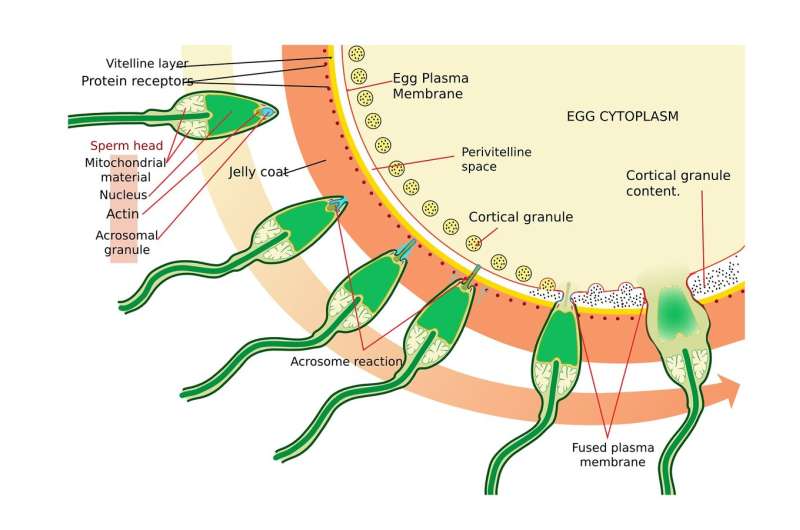Understanding Semen Allergies: A Hidden but Common Condition

Semen allergies, known as seminal plasma hypersensitivity, affect many women and can cause symptoms from mild irritation to severe reactions. Learn about symptoms, diagnosis, and treatment options for this hidden condition.
Many women experience adverse reactions after sexual activity, such as itching, burning, swelling, or even difficulty breathing. While often dismissed or misdiagnosed, these symptoms can sometimes be caused by an underrecognized allergic condition called seminal plasma hypersensitivity (SPH). This condition involves an allergic reaction to proteins in semen, specifically in the seminal plasma, rather than the sperm cells themselves. First identified in 1967, SPH is now recognized as a type 1 hypersensitivity similar to hay fever or peanut allergy. Women with SPH may experience a range of symptoms from localized irritation to severe anaphylactic reactions. Interestingly, the allergy is not limited to a woman’s usual partner; it can occur with any semen exposure because the main allergen, prostate-specific antigen (PSA), is present in all seminal fluid. Cross-reactions with other allergens, such as dog dander or nut proteins, have also been documented. Diagnosis typically begins with a detailed medical and sexual history and may include skin testing with semen or blood tests for PSA-specific IgE antibodies. Confirmatory testing can involve using washed sperm, which excludes seminal plasma proteins. Although SPH can complicate conception, it does not cause infertility. Treatment options include antihistamines, anti-inflammatory medications, and desensitization procedures, or in some cases, assisted reproductive techniques like IVF with washed sperm to bypass the allergen. Awareness of SPH remains limited mainly due to stigma and lack of knowledge among healthcare providers, leading many women to suffer in silence. Recognizing and properly diagnosing this condition is crucial for effective management and successful conception.
Stay Updated with Mia's Feed
Get the latest health & wellness insights delivered straight to your inbox.
Related Articles
Effective Strategies to Help You Quit Smoking
Discover expert-backed strategies to overcome psychological, social, and biological challenges in quitting smoking for good and improve your health journey.
Breakthrough in Male Contraception: First Safety Results of Hormone-Free Pill
A novel hormone-free male contraceptive pill has shown promising safety results in early human trials. Using targeted chemical YCT-529, it offers a reversible, non-invasive alternative to traditional methods, potentially transforming male reproductive health options.



